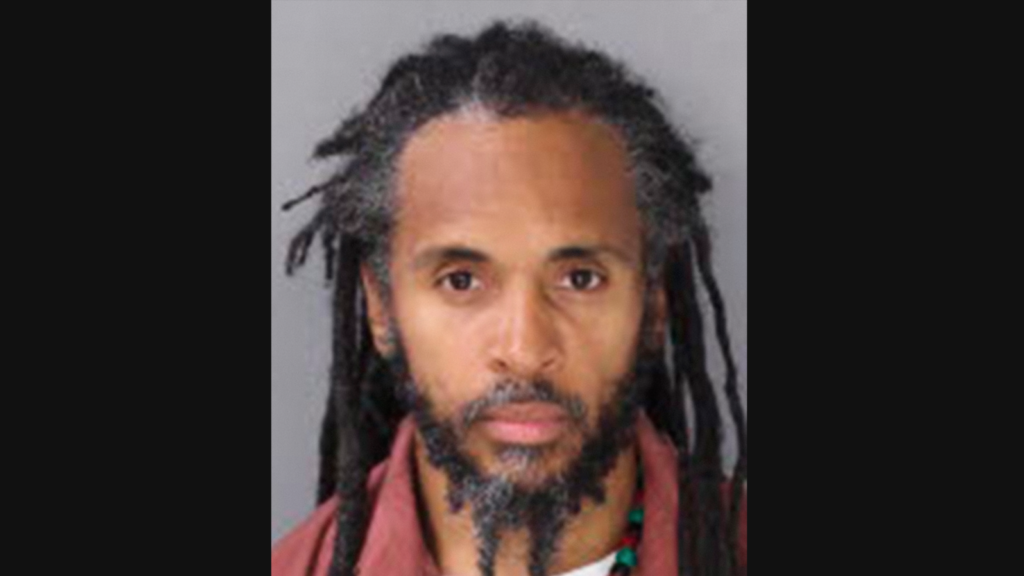“Living With Murder”: An Update on Kempis Songster’s Case

December 1, 2017
Share
In 1987, at the age of 15, Kempis Songster brutally murdered a 17-year-old named Anjo Pryce. He was sentenced to life in prison without the possibility of parole.
But over the past five years, thousands of inmates like Songster were given a new opportunity for release, following a series of Supreme Court rulings starting in 2012 that found the mandatory sentences of “juvenile lifers” to be unconstitutional.
On Thursday, after 30 years in prison, Songster was granted parole, The Philadelphia Inquirer reported. Songster is expected to be released from the Pennsylvania State Correctional Institution at Graterford sometime in the near future, his attorney, Douglas Fox, told the Inquirer.
Songster’s story — and its implications for both his victims, and other juvenile lifers — was at the heart of “Living With Murder,” a special, two-part episode of FRONTLINE’s podcast, The FRONTLINE Dispatch, that was released last month, and that explores complex questions about how the American justice system handles offenders who commit violent crimes as juveniles.
Listen below or on Apple Podcasts, Stitcher, or RadioPublic:
Get the backstory on this week’s decision in “Living With Murder.” Reported by Samantha Broun — whose mother was the victim of a violent crime committed by a juvenile lifer whose second chance went horribly wrong — the episode follows Songster as his case is being reviewed.
Broun speaks with Songster about what it would mean to be released: “All creatures, you know, have a biological imperative to be free. So naturally, there’s that … yearning,” Songster tells her. “However, I have no right. You know, I’m not entitled to anything… you know I’m not innocent.”
Broun also speaks with Songster’s victim’s family, as they grapple with what it would mean for him to be out from behind bars: “I hope that he would take the second chance to make the best with his life and rectify you know, the huge mistake that he made, because he took a life and that life is no longer here. It never comes back,” Toshira Pryce, Anjo’s sister, tells Broun.
Then, “Living With Murder” takes listeners inside the courtroom on the day of Songster’s resentencing, as arguments are made on both sides, and a judge weighs his fate.
“When I spoke to Kempis after his resentencing, he said that although the day felt like a rite of passage, it also made him realize how nothing he can do will ever fix things, really,” Broun says.
“Living With Murder” was produced by Broun and Jay Allison in collaboration with the public radio website Transom.org.

Latest Documentaries
Explore
Policies
Teacher Center
Funding for FRONTLINE is provided through the support of PBS viewers and by the Corporation for Public Broadcasting, with major support from Ford Foundation. Additional funding is provided the Abrams Foundation, Park Foundation, John D. and Catherine T. MacArthur Foundation, Heising-Simons Foundation, and the FRONTLINE Trust, with major support from Jon and Jo Ann Hagler on behalf of the Jon L. Hagler Foundation, and additional support from Koo and Patricia Yuen. FRONTLINE is a registered trademark of WGBH Educational Foundation. Web Site Copyright ©1995-2025 WGBH Educational Foundation. PBS is a 501(c)(3) not-for-profit organization.



















